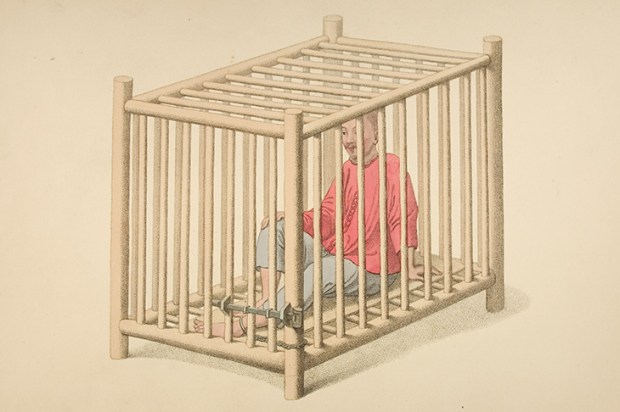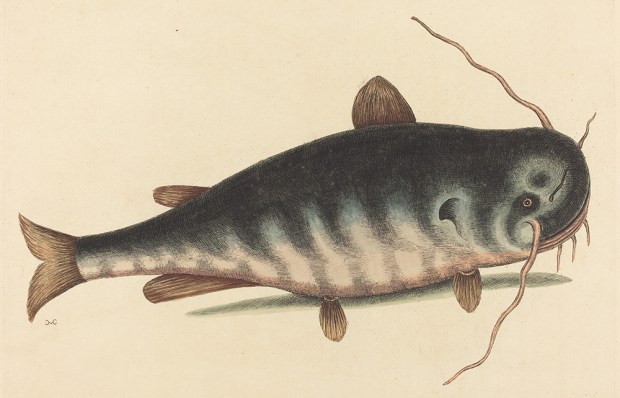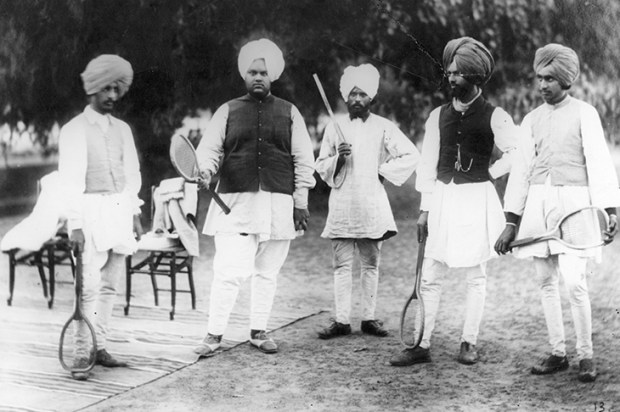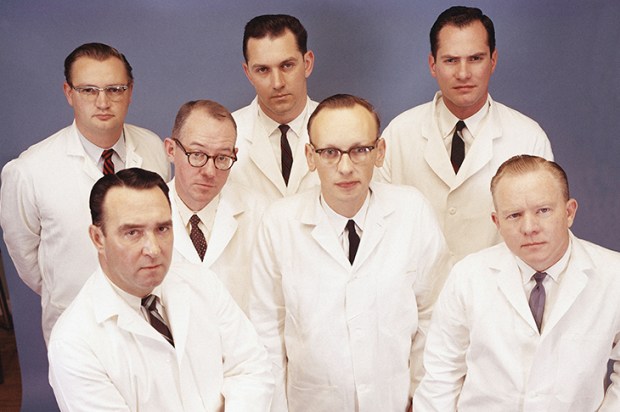A Speccie reader, Lillian, has sent me this information about a brand-new word – governmentium.
‘Scientific research has led to the discovery of the heaviest element yet known. The new element, governmentium (Gv), has one neutron, 25 assistant neutrons, 88 deputy neutrons, and 198 assistant deputy neutrons, giving it an atomic mass of 312.
These 312 particles are held together by forces called morons, which are surrounded by vast quantities of lepton-like particles called peons. Since governmentium has no electrons, it is inert; however, according to the team of research scientists in Budapest, it can be detected because it impedes every reaction with which it comes into contact.
Governmentium has a normal half-life of two to six years. It does not decay, but instead undergoes a reorganisation in which a portion of the assistant neutrons and deputy neutrons exchange places.
In fact, governmentium’s mass will actually increase over time, since each reorganisation will cause more morons to become neutrons, forming isodopes. This characteristic of moron promotion leads some scientists to believe that governmentium is formed whenever morons reach a critical concentration. This hypothetical quantity is referred to as critical morass.
When catalysed with money, governmentium becomes administratium, an element that radiates just as much energy as governmentium since it has half as many peons but twice as many morons.’
There you are – a new word to add to your vocabulary. And it seems to embody the political philosophy of Mark Steyn who once famously said that his whole political philosophy could be summed up in just one sentence: ‘Almost all governments get almost everything wrong almost all the time.’
Got something to add? Join the discussion and comment below.
Contact Kel at ozwords.com.au
You might disagree with half of it, but you’ll enjoy reading all of it. Try your first month for free, then just $2 a week for the remainder of your first year.













